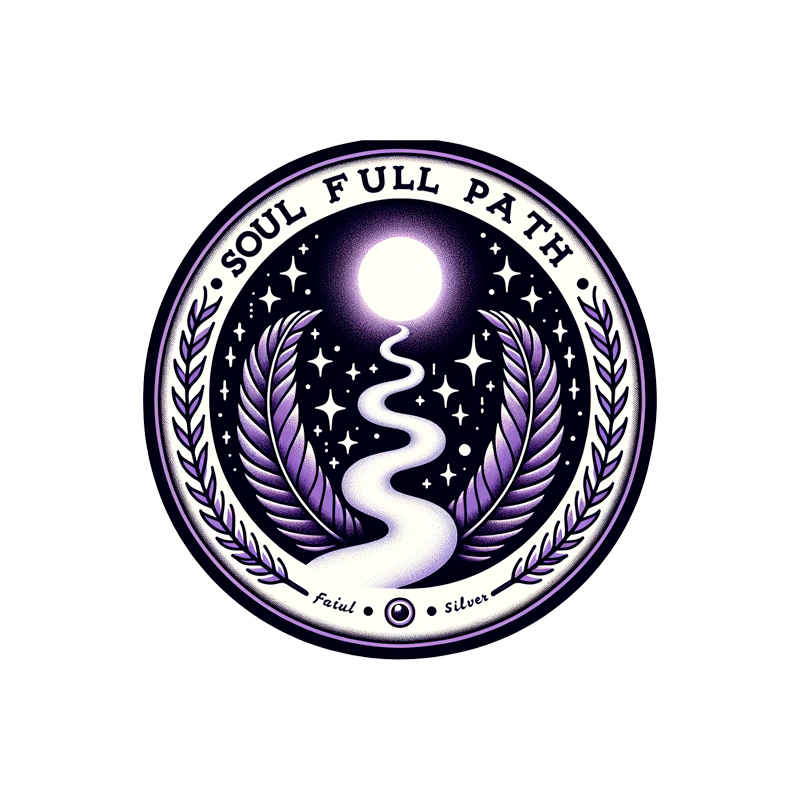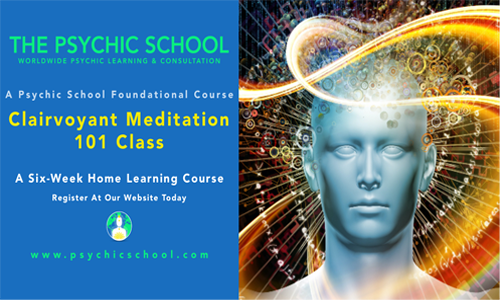Mindfulness is the key to living a more present and fulfilling life. It is the practice of being fully aware and engaged in the present moment, without judgment or attachment to thoughts or emotions. By cultivating mindfulness, we can unlock a whole new level of clarity, peace, and self-awareness.
Whether you’re a beginner or have some experience with mindfulness, this guide will provide you with the tools and techniques to deepen your practice. From simple exercises to incorporating mindfulness into your daily life, you’ll discover how to embrace this transformative practice and reap its many benefits.
Key Takeaways:
- Learn how to practice mindfulness through meditation, body scans, and mindful moments throughout the day.
- Understand the physical and mental health benefits of mindfulness, including improved focus, reduced stress, and enhanced well-being.
- Discover simple techniques to incorporate mindfulness into everyday activities, such as intentional breathing and being fully present in the moment.
- Embrace mindfulness as a skill that requires practice and commitment, but offers profound personal growth and self-discovery.
- Start experiencing the positive impact of mindfulness by integrating its principles into your daily life and enjoy the transformative effects it brings.
The Benefits of Mindfulness


As we navigate the busyness of our daily lives, it’s easy to become overwhelmed and disconnected from ourselves. This is where mindfulness comes in. By actively cultivating a state of mindfulness, we can tap into a wealth of benefits that enhance our mental, emotional, and physical well-being.
Studies have shown that practicing mindfulness can have a profound impact on our brain and body. It has been found to boost serotonin levels, which promotes feelings of happiness and well-being. At the same time, it reduces cortisol levels, the stress hormone that can wreak havoc on our health. This combination leads to a greater sense of calm and improved mood.
But the benefits of mindfulness go beyond just our mental state. It also has a positive impact on our physical health. Through regular mindfulness practices like meditation and mindful movements, we can lower blood pressure, improve heart health, reduce chronic pain and inflammation, and enhance sleep quality and duration.
| Benefits of Mindfulness |
|---|
| Boosts serotonin levels |
| Reduces cortisol levels |
| Improves heart health |
| Lowers blood pressure |
| Reduces chronic pain and inflammation |
| Enhances sleep quality and duration |
Moreover, mindfulness enhances our cognitive abilities. It improves our attention, focus, concentration, and memory, allowing us to perform better in various tasks. It also cultivates self-compassion and empathy, deepening our connections with others and fostering healthier relationships.
In summary, by incorporating mindfulness practices into our daily lives, we can reap a multitude of benefits that improve our overall well-being. From reducing stress and anxiety to enhancing our physical health and cognitive abilities, mindfulness is a powerful tool that helps us live with intention and presence. Let us embrace mindfulness as a way to nurture our mind, body, and soul.
How to Practice Mindfulness
Mindfulness is a practice that can be incorporated into our daily lives to cultivate greater awareness, presence, and overall well-being. By engaging in specific exercises and techniques, beginners can start their journey towards a more mindful lifestyle. Here are some practical tips on how to practice mindfulness:
1. Intentional Breathing
One of the fundamental mindfulness exercises is intentional breathing. Find a comfortable position, close your eyes, and bring your attention to your breath. Notice the sensation of the breath as it enters and exits your body. If your mind starts to wander, gently bring your focus back to your breath. This exercise helps to anchor your awareness in the present moment and calms the mind.
2. Mindful Moments Throughout the Day
Mindfulness is not limited to formal meditation sessions; it can be integrated into everyday activities. Take moments throughout the day to fully immerse yourself in the present moment. Whether you’re sipping a cup of tea, walking in nature, or washing dishes, bring your attention to the sensations, sounds, and sights around you. Embrace the experience without judgment or distraction.
3. Body Scan Meditation
A body scan meditation involves systematically focusing your attention on different parts of your body. Start from the top of your head and gradually move down, noticing any sensations or tensions in each area. This practice increases body awareness and helps to release physical and mental tension. You can find guided body scan meditations online or through mindfulness apps.
4. Mindful Movement
Engaging in mindful movement activities such as yoga, Tai Chi, or walking meditation can deepen your mindfulness practice. Pay attention to the sensations in your body as you move, the rhythm of your breath, and the connection between your body and the surrounding environment. These practices promote physical well-being while enhancing mindfulness.
5. Cultivate Mindfulness in Relationships
Mindfulness can also be applied to our interactions with others. When engaged in conversations, truly listen to the person speaking, giving them your full attention. Notice your own reactions, thoughts, and emotions without judgment. This practice fosters empathy, understanding, and effective communication.
Remember, practicing mindfulness is an ongoing journey that requires consistency and patience. Start with small steps and gradually incorporate these techniques into your daily life. With time, you will experience the transformative power of mindfulness and its positive impact on your overall well-being.
| Mindfulness Exercise | Technique |
|---|---|
| Intentional Breathing | Focus on the breath, anchor attention in the present moment |
| Mindful Moments Throughout the Day | Embrace the present moment during everyday activities |
| Body Scan Meditation | Systematic attention to different parts of the body, release tensions |
| Mindful Movement | Engage in yoga, Tai Chi, or walking meditation with full awareness |
| Cultivate Mindfulness in Relationships | Listen actively, observe reactions, and practice empathy |
Read More About The Different Types of Psychic Readings and Their Benefits
Conclusion
Mindfulness is a transformative practice that holds the key to unlocking a more meaningful and fulfilling life. By dedicating ourselves to the art of mindfulness, we can cultivate a deeper sense of self-awareness and tap into the immense potential that resides within us.
For beginners, the path to mindfulness may seem daunting, but with consistent practice, it becomes a natural part of our daily lives. Mindfulness meditation is a powerful tool that allows us to quiet the noise of our busy minds and connect with the present moment. Through techniques such as intentional breathing and observing our thoughts without judgment, we can develop a sense of clarity and inner peace.
Mindful living goes beyond our meditation cushion. It involves bringing our attention and awareness to every aspect of our lives, whether it’s savoring a delicious meal, appreciating the beauty of nature, or connecting deeply with others through meaningful conversation. By practicing mindfulness in our daily activities, we create space for joy, gratitude, and compassion to thrive.
FAQ
What is mindfulness?
Mindfulness is the basic human ability to be fully present, aware of where we are and what we’re doing, and not overly reactive or overwhelmed by what’s going on around us.
How can mindfulness be cultivated?
Mindfulness can be cultivated through daily practice. It can be accessed through various practices such as meditation, body scans, and mindful moments throughout the day.
What are the benefits of mindfulness?
Mindfulness has numerous mental and physical health benefits. It can boost serotonin levels, reduce cortisol levels, alleviate symptoms of depression, anxiety, and stress. It also improves heart health, lowers blood pressure, reduces chronic pain and inflammation, and improves sleep quality and duration. Additionally, mindfulness enhances attention, focus, concentration, memory, self-compassion, and empathy.
How can mindfulness be practiced?
Mindfulness can be practiced through intentional breathing techniques and by being present in everyday activities. Intentional breathing involves focusing on the sensations of the breath as it enters and exits the body. Being present in everyday activities means fully experiencing and focusing on the task at hand, whether it’s playing a sport or having a conversation.
Is mindfulness a skill that requires practice?
Yes, mindfulness is a skill that requires practice, but the benefits are well worth the effort. Start incorporating mindfulness into your daily life and experience the positive impact it can have.






